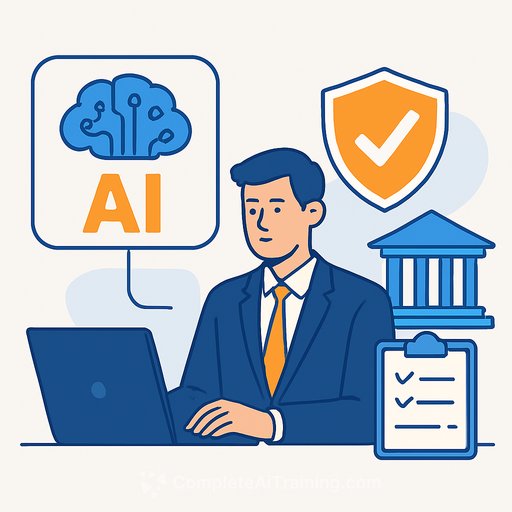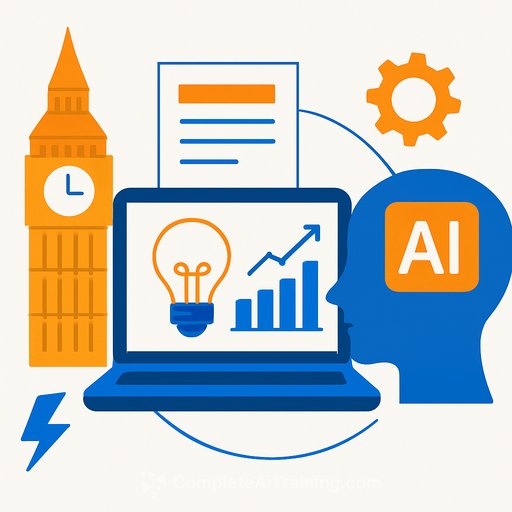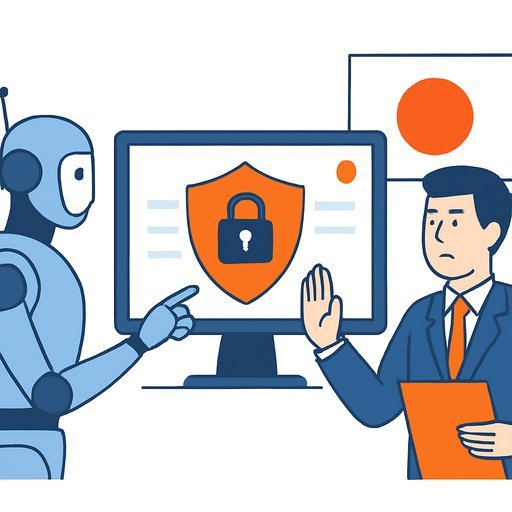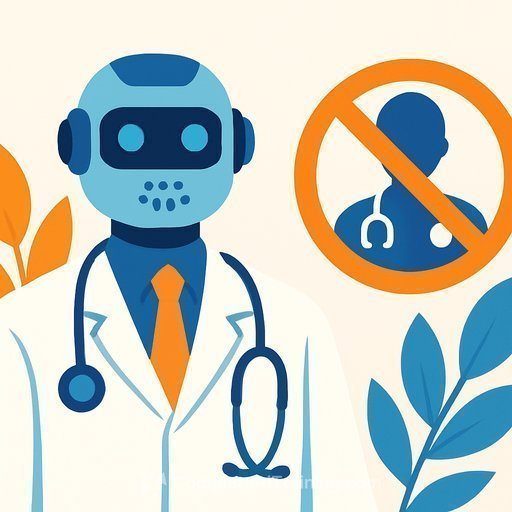Mandatory AI training for the APS: what it means for your job
Every APS employee will receive training to use generative AI. The government's AI Plan lays out a simple, practical path to apply the tech to improve service delivery, policy outcomes, and productivity across the public service.
"This plan ensures that every public servant will have training and access to generative AI tools," Finance Minister Katy Gallagher said. The focus is clear: better services, easier interactions with government, and workload relief-without cutting corners on safety or accountability.
Who is leading this
Implementation will be led by the Department of Finance, the Digital Transformation Agency, and the Australian Public Service Commission. Agencies remain responsible for how they adopt and use AI day to day.
For context on standards and support, see the Australian Public Service Commission and the Digital Transformation Agency.
What you'll get
- Training to use GenAI tools safely and effectively
- Access to approved GenAI tools
- Clear guidance on responsible use
- Leadership and support from chief AI officers to promote adoption
- Opportunities to collaborate, build on, and reuse work
The plan's three pillars
- People: lift performance across the APS while staying mindful of how change affects staff
- Capability: expand access to secure, fit-for-purpose AI technologies
- Trust: build confidence through transparency, ethical use, and strong governance
Trust is non-negotiable
Public trust is the make-or-break factor. Gallagher said the plan affirms clear policies and guidance to ensure AI is used safely and responsibly, with a commitment to open, inclusive implementation across the APS.
That means transparent processes, strong guardrails, and clear communication with staff and the public on what AI is doing-and what it isn't.
Union response
The CPSU welcomed consultation but flagged concerns about job losses and service quality if changes are mishandled. "The government has set a clear expectation that agencies and departments meaningfully consult with their staff and unions as AI tools are introduced. This consultation is not optional - it must start now and be ongoing," CPSU National Secretary Melissa Donnelly said.
The union will hold agencies to account to ensure workers feel secure in their roles now and into the future.
What to do now (for APS employees)
- Complete the training early. Keep a simple log of prompts and outputs for your own learning and audit readiness.
- Start with low-risk tasks: drafting, summarising public documents, meeting notes, checklists, and research planning. Always review with human judgment.
- Never paste sensitive, personal, Cabinet, or commercial-in-confidence data into external tools unless your agency has cleared the product and configured it for secure use.
- Cite sources, keep records, and write down assumptions-FOI and audit still apply.
- Raise issues with your chief AI officer, digital lead, or information security team when in doubt.
Agency actions to enable safe adoption
- Nominate a chief AI officer. Define decision rights across procurement, data, risk, records, and training.
- Publish a clear use policy: allowed, restricted, prohibited. Cover data classification, prompt logging, model settings, retention, and audit.
- Run privacy impact assessments and security reviews for approved tools. Confirm data location, retention, and training policies.
- Procure through approved channels. Integrate with identity/access management, records management, and monitoring.
- Stand up support: communities of practice, help channels, and refreshers. Budget for ongoing skills uplift, not a one-off course.
- Measure outcomes: time saved, error rates, customer satisfaction, policy quality, and risk events.
Good use cases to start with
- First drafts of briefs, emails, and comms (with sensitive details removed)
- Summaries of public reports and legislation
- Meeting agendas, minutes, and action lists
- Checklists, standard operating procedures, and test plans
- Exploratory analysis on synthetic or de-identified data
High-risk or off-limits without clearance
- Citizen records or any personal information
- Cabinet material, legal advice, tenders, and contracts
- Anything covered by secrecy provisions, confidentiality, or IP restrictions
- Decisions that affect entitlements or compliance without human review and proper approvals
How collaboration will work
The plan emphasises reuse across the APS. Expect shared prompts, playbooks, and models that cut duplication and speed up delivery-backed by common standards and governance.
This only works if teams document what they build and share it. Lightweight templates and a basic catalogue can go a long way.
Bottom line
All 185,000 public servants will get the training, tools, and guidance to use GenAI responsibly. Agencies must convert that intent into daily practice: secure tech, clear rules, open consultation, and measurable outcomes.
Done well, this reduces admin, improves service quality, and frees time for higher-value work-while keeping trust intact.
Want structured learning while your agency rolls this out?
If you need role-based courses to build practical skills, explore Complete AI Training: Courses by Job.
Your membership also unlocks:





